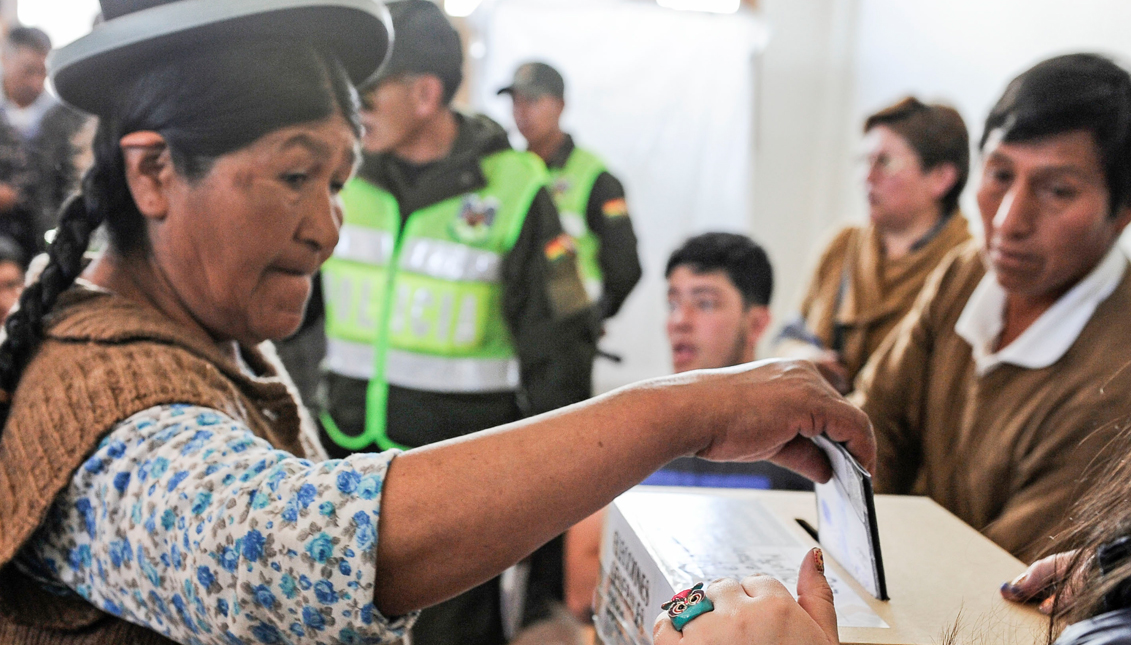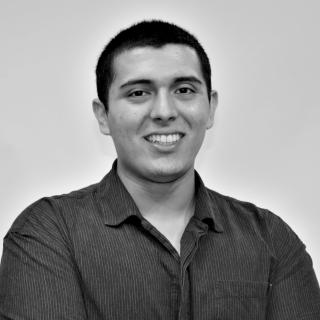
Bolivian Presidential Election delayed for a third time
The Supreme Electoral Tribunal of Bolivia ruled that the country’s presidential elections will be moved to Oct. 18.
In the Plurinational State of Bolivia, presidential elections were delayed for a third time following a decision taken by the country’s Supreme Electoral Tribunal (TSE) on Thursday.
The latest postponing of elections will see the date moved from Sep. 6 to Oct. 18.
If no candidate were to claim the majority in the new elections (or get under 50% while leading the second place candidate by at least 10 points) then a second-round runoff contest would be held on Nov. 29.
Movement for Socialism (MAS) is the party of former president Evo Morales who was ousted from Bolivia last November after attempting to seek a fourth term of power.
Claims against Morales about the October 20 elections being fraudulent came from conservative figures in the country’s national assembly and Organization of American States (OAS).
The reports from the OAS that the election suffered from “significant irregularities” and that Morales’ lead was “hard to explain” were later found to be misleading.
The damage had already been done though, as Morales was forced out by a military coup that was supported by the United States. He fled the country to Mexico to seek political asylum. He is now exiled in Argentina.
Jeanine Añez, conservative former Vice President of the Bolivian Senate, made herself interim president on Nov. 12.
Salvador Romero, the president of Bolivia's Supreme Electoral Tribunal, has been under fire for his decision to delay the elections from MAS.
He has said that elections require the highest possible health and safety measures to protect the Bolivian people. Romero also said the deferment will allow officials time to ensure people have more secure conditions when they go to the polls.
MAS was in favor of keeping the original date and has claimed that Romero does not have the power to unilaterally delay such a major election, arguing instead that the national assembly should be able to vote on it.
In both the Senate and Chamber of Deputies, MAS holds a supermajority.
The TSE president has stated that no national assembly vote is required to postpone the election.
Luis Arce is MAS’ candidate for the presidential election and he served as Morales’ Minister of Economics and Public Finance. He is running because the TSE has barred Morales from seeking the presidency or a Senate seat for not meeting the residency requirements because of his exile.
Arce publicly denounced the suspension of the September elections.
RELATED CONTENT
“Many international bodies have endorsed an illegality with this Supreme Electoral Tribunal, saying that they agree to unilaterally determine a new election date. This must be done within the framework of a law that establishes a range of dates, the current law has a deadline of 6 September,” he said.
Most polls have Arce leading Añez by a large margin, but his supporters fear that the deferment will allow her to rise in national surveys.
The Latin American Strategic Center for Geopolitics (CELAG) released a poll that was administered between June 13 and July 3 and it had Arce beating the interim president by 28.6 points.
Another poll by Mercados y Muestras SRL that was conducted between July 11 and 16 still shows the MAS candidate leading but now only by 12 points over Añez.
In both polls the interim president placed third and also behind centrist Carlos Mesa, former president of Bolivia from 2003-2005, who also ran in the 2019 elections.
The effect that the novel coronavirus has had on the South American country has been cited as the reason for all three election postponements.
Bolivia is nearing 70,000 cases and 3,000 deaths in The New York Times has put them among the top 10 world hotspots.
Hospitals and other necessary infrastructure are reaching their maximum capacity and last week police recovered over 400 bodies within five that were suspected of dying from COVID-19.
The country’s peak of coronavirus cases is not expected until the last week of August or the first week of September.











LEAVE A COMMENT: